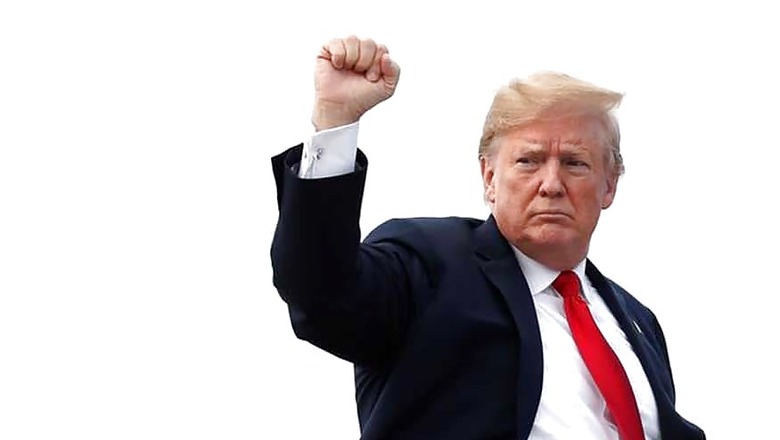
views
Bogota: As a meeting last August in the Oval Office to discuss sanctions on Venezuela was concluding, President Donald Trump turned to his top aides and asked an unsettling question: With a fast unravelling Venezuela threatening regional security, why can't the US just simply invade the troubled country?
The suggestion stunned those present at the meeting, including US Secretary of State Rex Tillerson and national security adviser H R McMaster, both of whom have since left the administration. This account of the previously undisclosed conversation comes from a senior administration official familiar with what was said.
In an exchange that lasted around five minutes, McMaster and others took turns explaining to Trump how military action could backfire and risk losing hard-won support among Latin American governments to punish President Nicolas Maduro for taking Venezuela down the path of dictatorship, according to the official. The official spoke on the condition of anonymity because of the sensitive nature of the discussions.
But Trump pushed back. Although he gave no indication he was about to order up military plans, he pointed to what he considered past cases of successful gunboat diplomacy in the region, according to the official, like the invasions of Panama and Grenada in the 1980s.
The idea, despite his aides' best attempts to shoot it down, would nonetheless persist in the president's head.
The next day, Aug. 11, Trump alarmed friends and foes alike with talk of a "military option" to remove Maduro from power. The public remarks were initially dismissed in US policy circles as the sort of martial bluster people have come to expect from the reality TV star turned commander in chief.
But shortly afterward, he raised the issue with Colombian President Juan Manuel Santos, according to the US official. Two high-ranking Colombian officials who spoke on condition of anonymity to avoid antagonizing Trump confirmed the report.
Then in September, on the sidelines of the UN General Assembly, Trump discussed it again, this time at greater length, in a private dinner with leaders from four Latin American allies that included Santos, the same three people said and Politico reported in February.
The US official said Trump was specifically briefed not to raise the issue and told it wouldn't play well, but the first thing the president said at the dinner was, "My staff told me not to say this." Trump then went around asking each leader if they were sure they didn't want a military solution, according to the official, who added that each leader told Trump in clear terms they were sure.
Eventually, McMaster would pull aside the president and walk him through the dangers of an invasion, the official said.
Taken together, the behind-the-scenes talks, the extent and details of which have not been previously reported, highlight how Venezuela's political and economic crisis has received top attention under Trump in a way that was unimaginable in the Obama administration. But critics say it also underscores how his "America First" foreign policy at times can seem outright reckless, providing ammunition to America's adversaries.










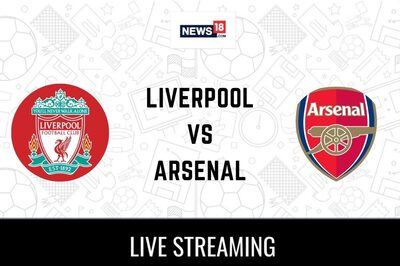
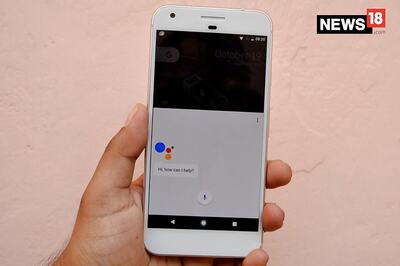
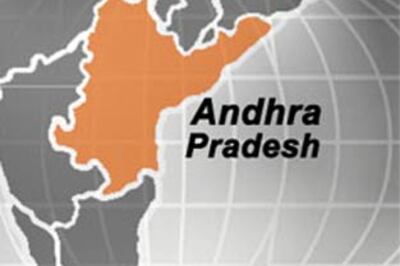



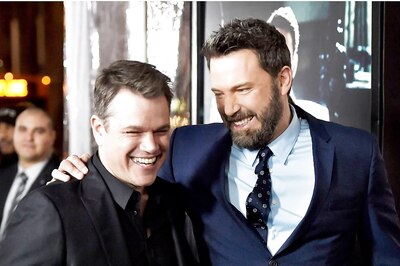

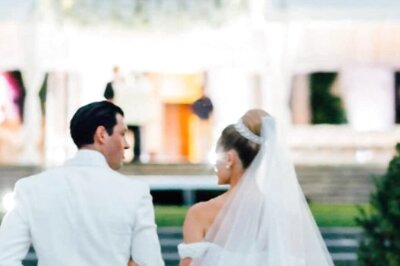
Comments
0 comment